
The last entry for this week’s proposed reading list suggests yet another topic tied to religion.
The first items of interest are about Muslim identity. The book review below covers a compilation of letters and a treatise on Muslim as Atheist.
 Reading James Baldwin or Ta-Nehisi Coates we have probably all shared the stirring experience of an elder transmitting their insights, beliefs and warnings to a younger generation. Ghobash’s Letters to a Young Muslim follow that tradition and I look eagerly forward to reading it.
Reading James Baldwin or Ta-Nehisi Coates we have probably all shared the stirring experience of an elder transmitting their insights, beliefs and warnings to a younger generation. Ghobash’s Letters to a Young Muslim follow that tradition and I look eagerly forward to reading it.
The second of Jabbar’s recommendations, The Atheist Muslim, sounds like a contradiction in terms. Pity the person who inhabits two of the more denigrated identities in this country, Muslim and Atheist…..
Then again, any journey from religion to reason – the subtitle of the book – is worth exploring. Which reminds me of the book of a dear friend and colleague of ours, a treatise which deserves attention.
 Peter Steinberger’s The Problem with God – Why Atheists, True Believers, and even Agnostics must all be wrong certainly had my head spinning when I first read it. I leave our dinner table conversations to your imagination…..
Peter Steinberger’s The Problem with God – Why Atheists, True Believers, and even Agnostics must all be wrong certainly had my head spinning when I first read it. I leave our dinner table conversations to your imagination…..
While I finish today’s writing I am, for the first time in 36 years, rueing the decision to have come to this country. The House vote on the ACA repeal has left me – literally – in tears. Maybe I need to write on issues of (a)morality next week. Or maybe on good places to move to. Or maybe I have to do something completely, utterly distracting from a politic landscape that gives me the shivers. I have the weekend to think about it……..

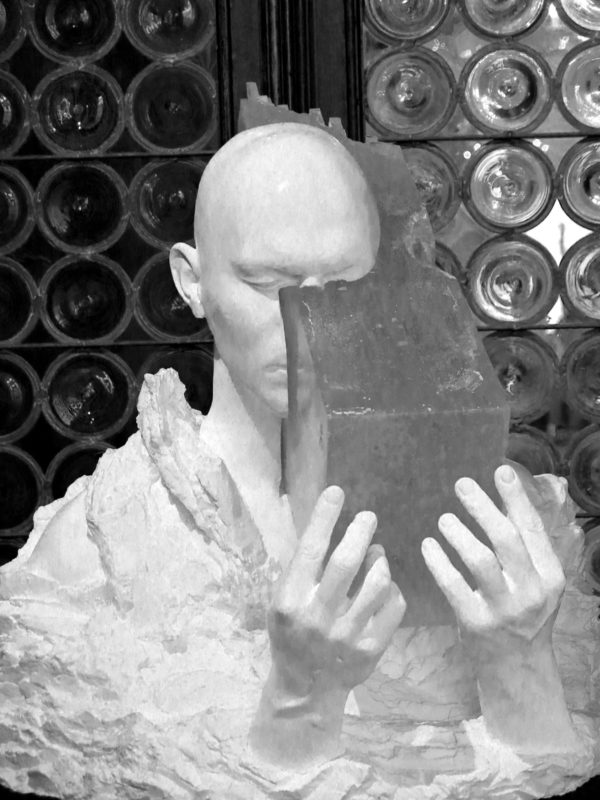
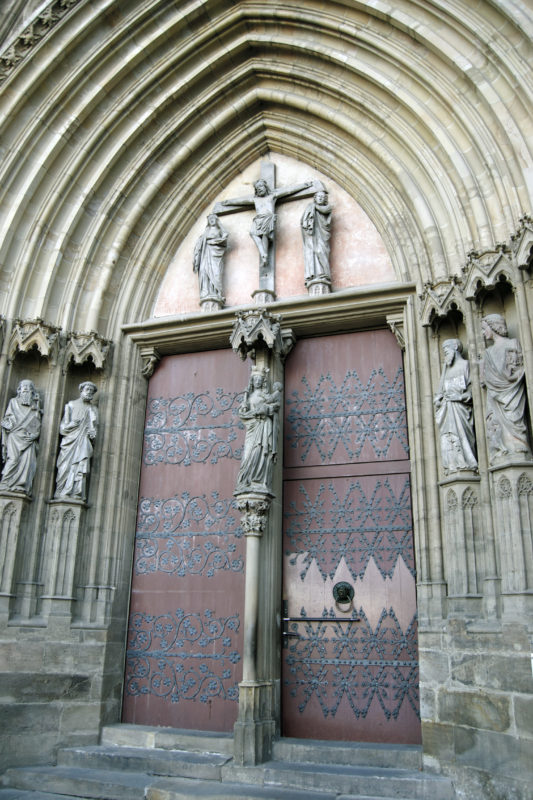






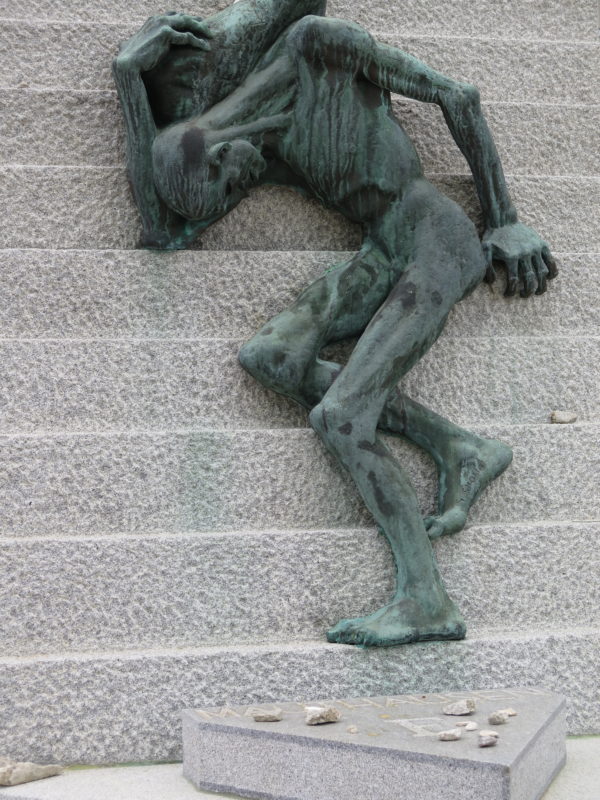

 Of course there was no way I could avoid focussing on the upcoming election drama between LePen and Macron. Or rather focussing on the fact that an anti-Semitic woman bent on destroying the European Union might be the next President of France.
Of course there was no way I could avoid focussing on the upcoming election drama between LePen and Macron. Or rather focussing on the fact that an anti-Semitic woman bent on destroying the European Union might be the next President of France. Given the resurgence of explicit anti-Semitism, I thought the books below, about the fate of French Jewry, might be something to read. Note: NOT YET READ! Several of this week’s books are on my list, not in my head. They all just struck me as interesting.
Given the resurgence of explicit anti-Semitism, I thought the books below, about the fate of French Jewry, might be something to read. Note: NOT YET READ! Several of this week’s books are on my list, not in my head. They all just struck me as interesting.


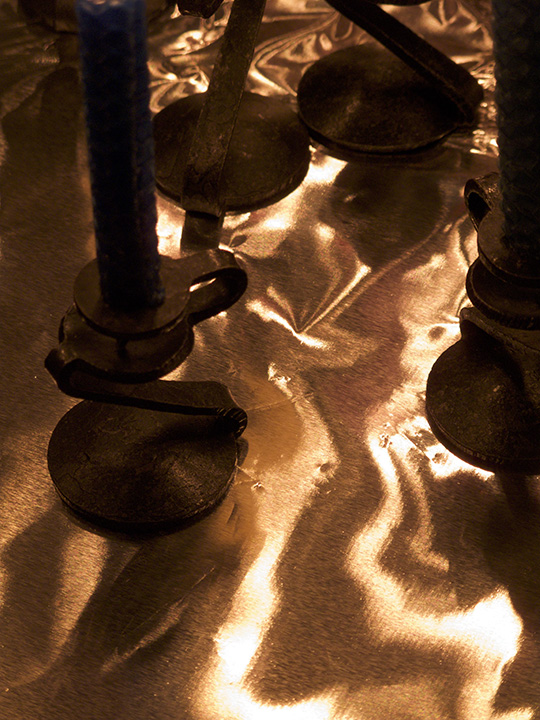


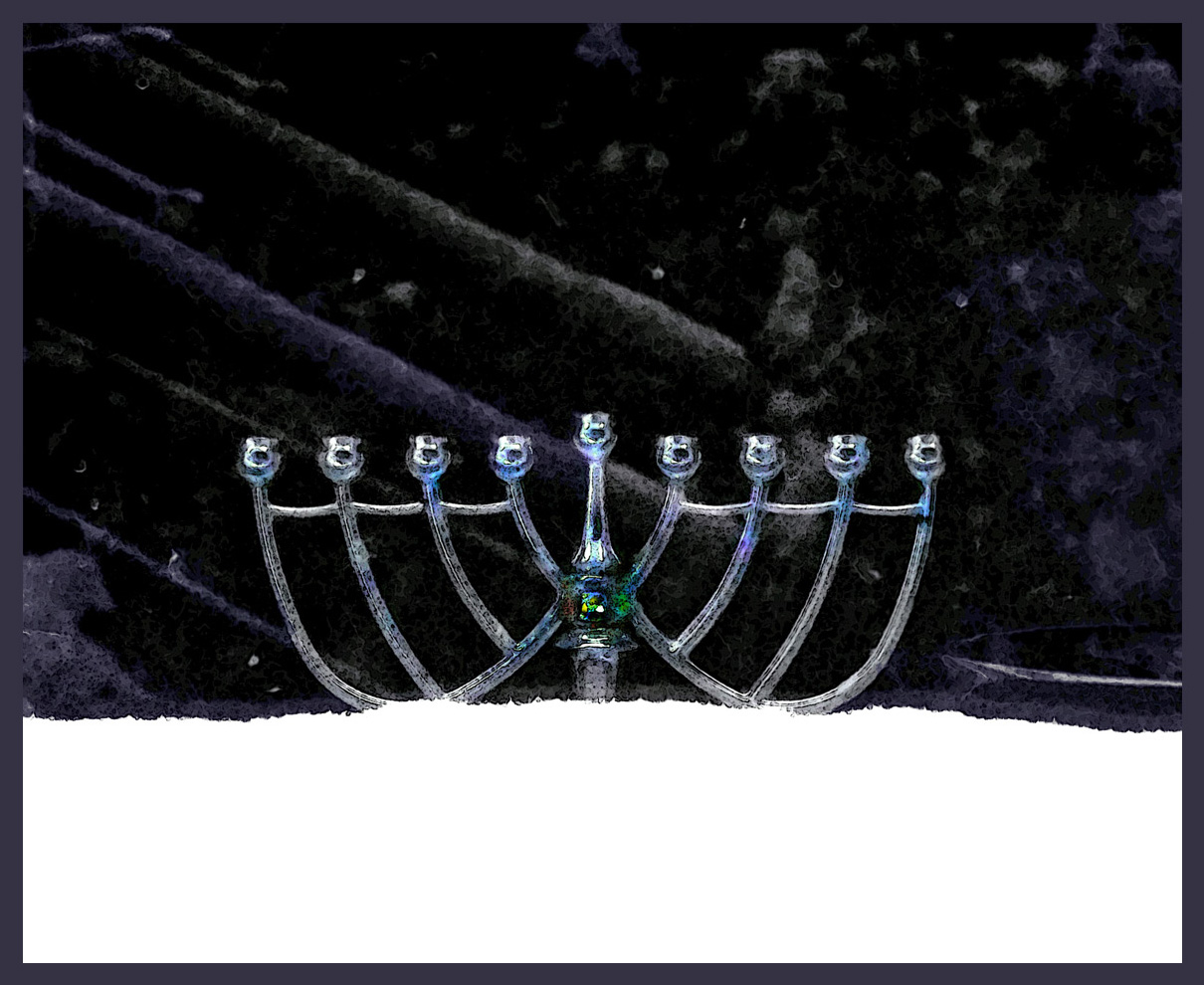
 On this third day of Hanukah, here is a message from a woman rabbi who gets it right. The last sentences of her essay:
On this third day of Hanukah, here is a message from a woman rabbi who gets it right. The last sentences of her essay: